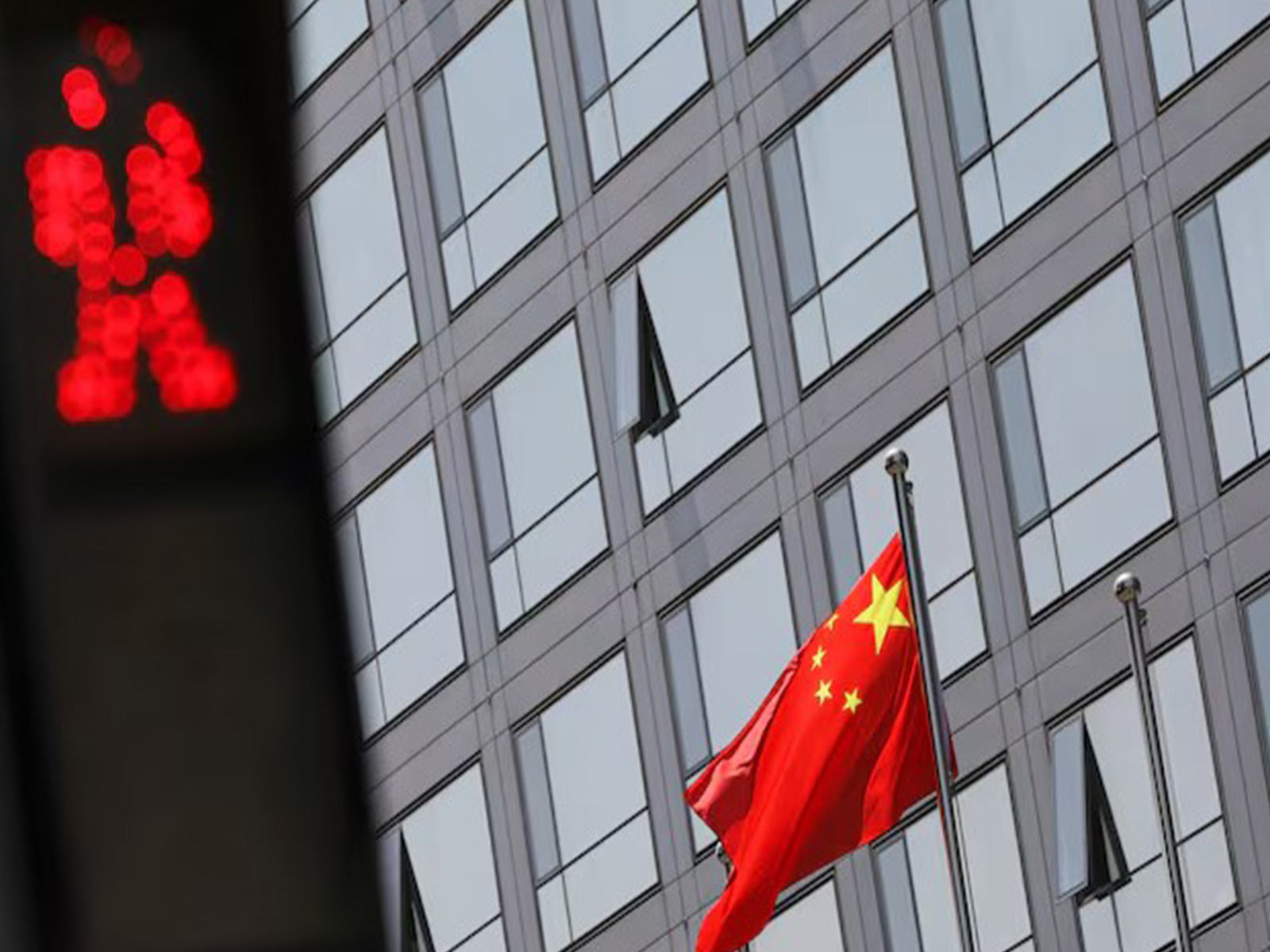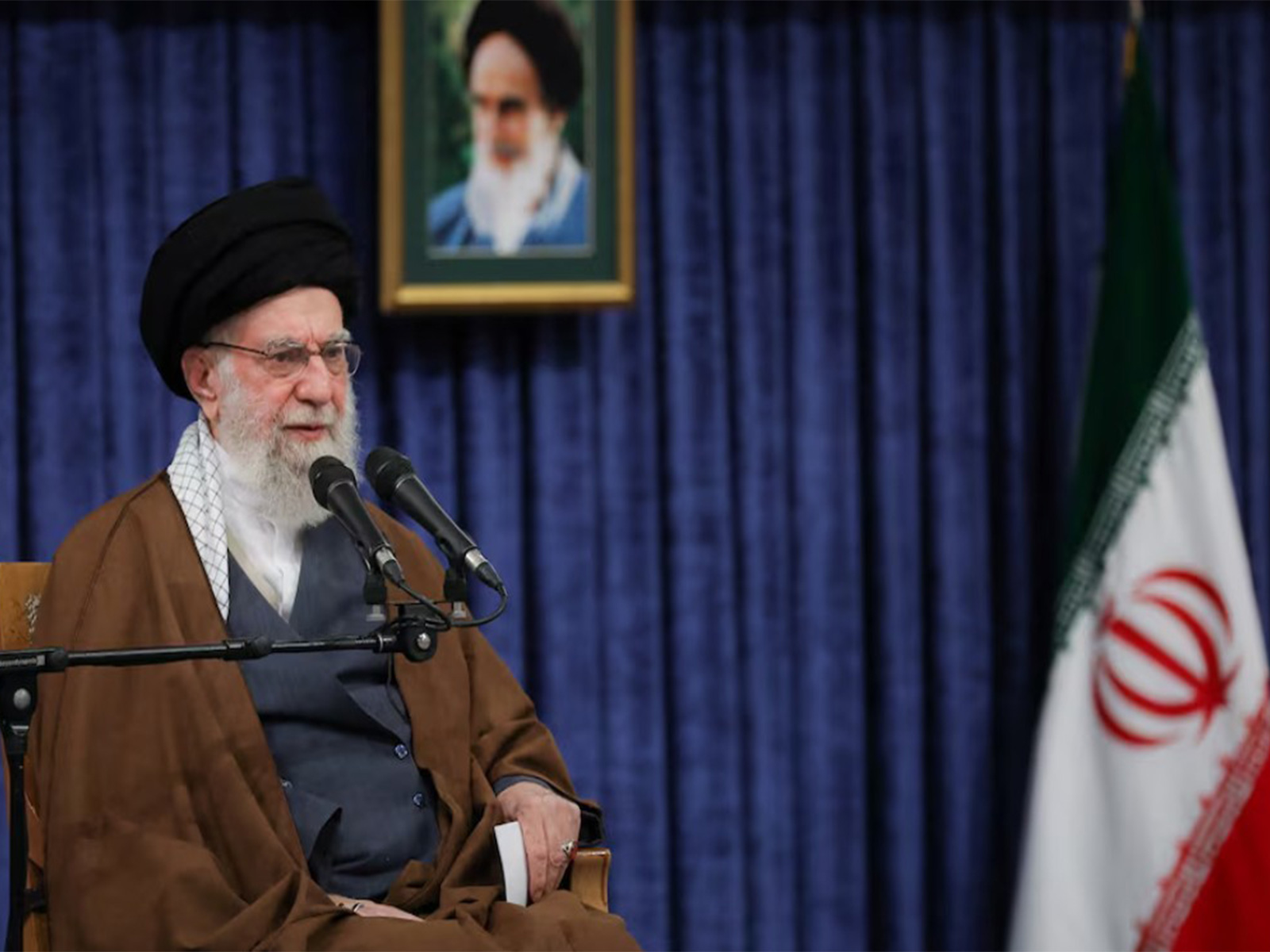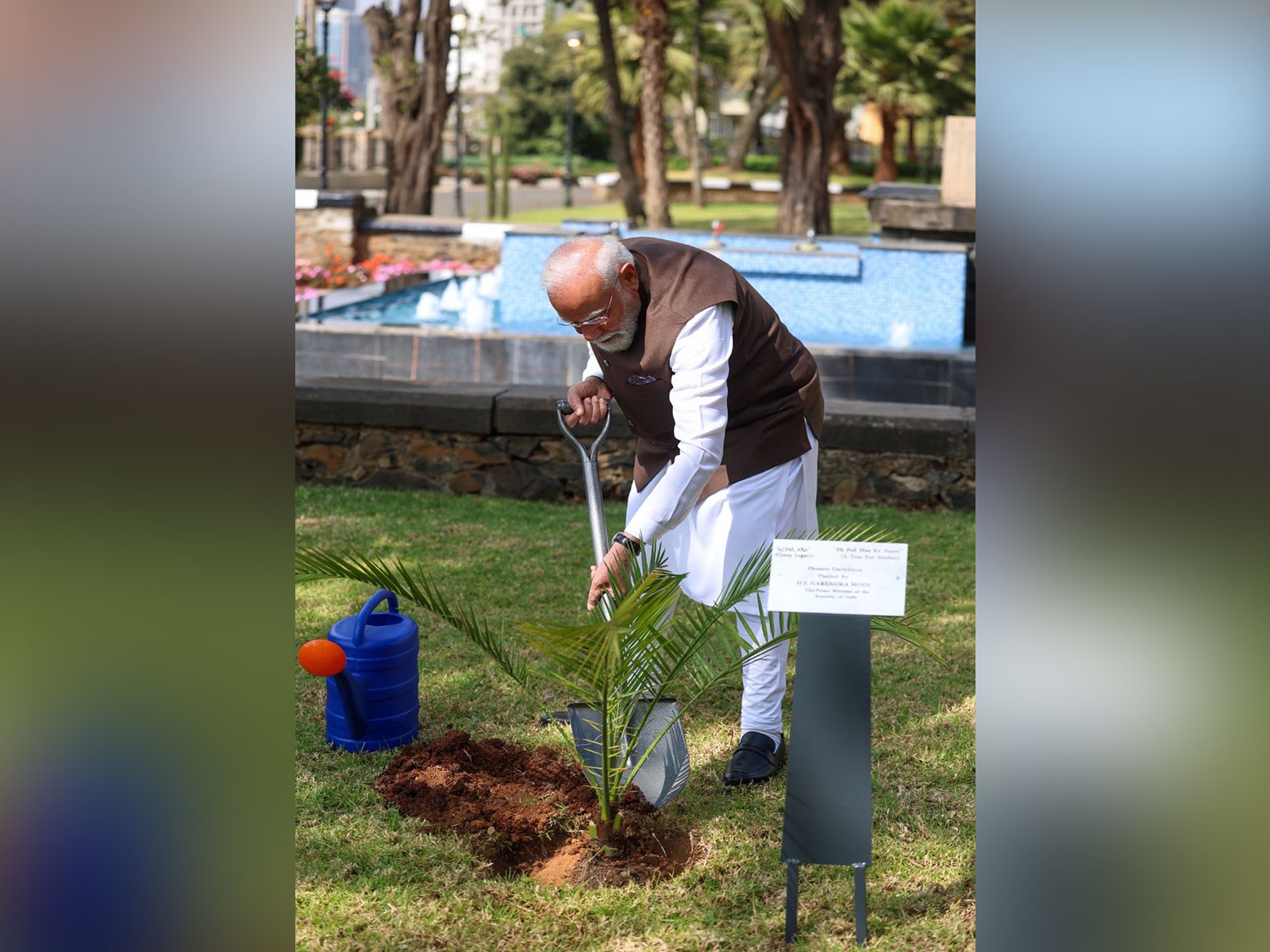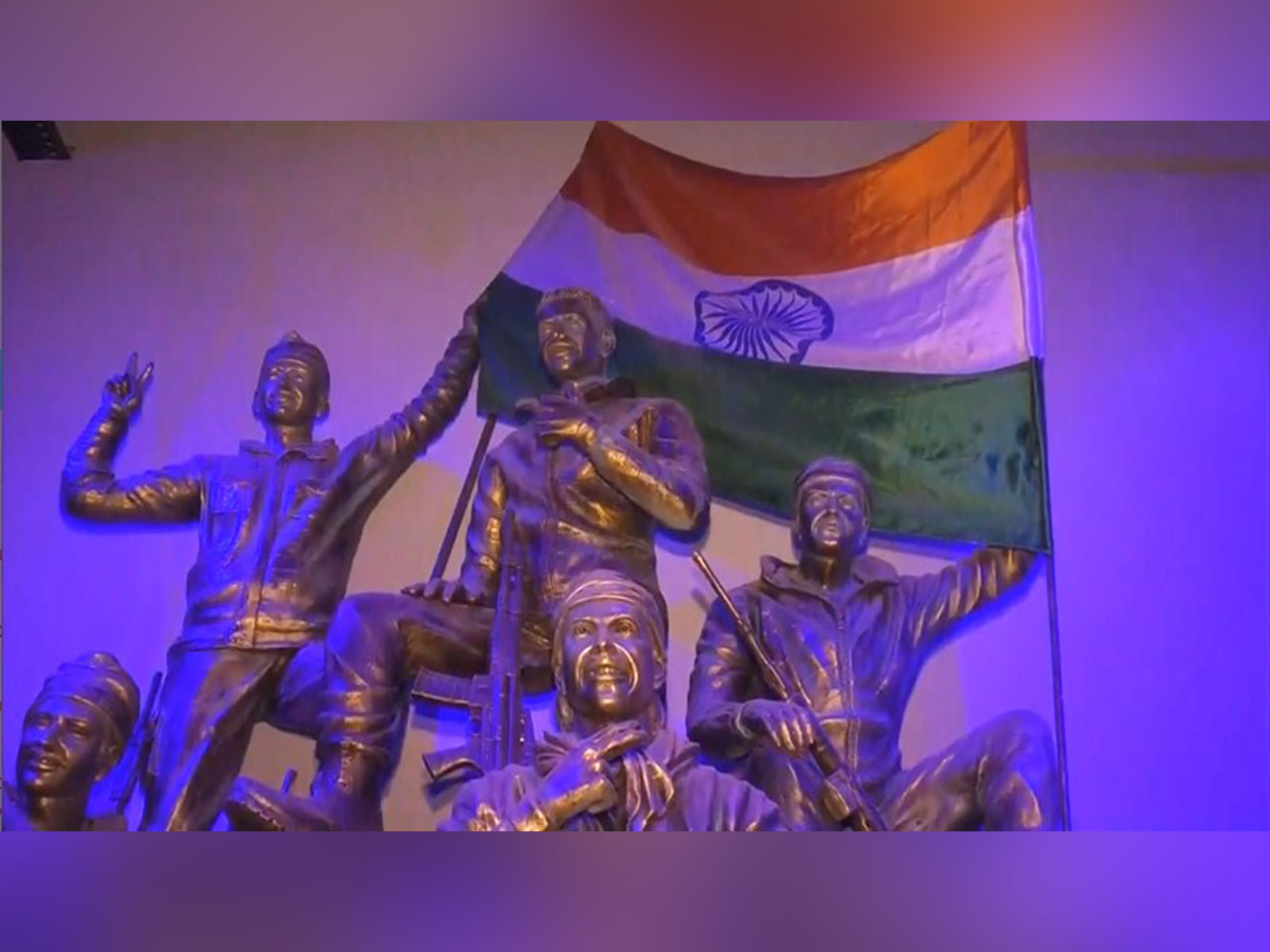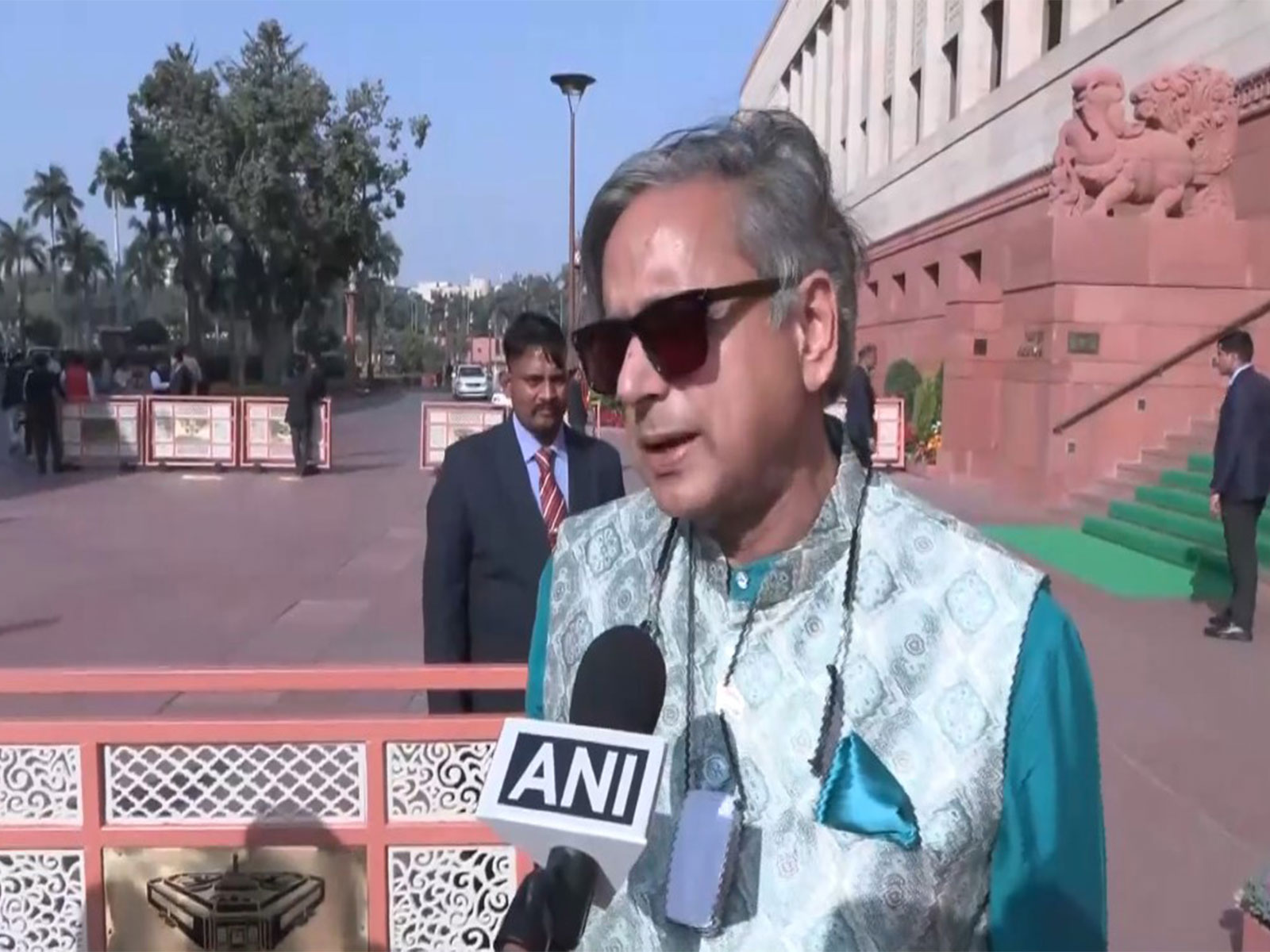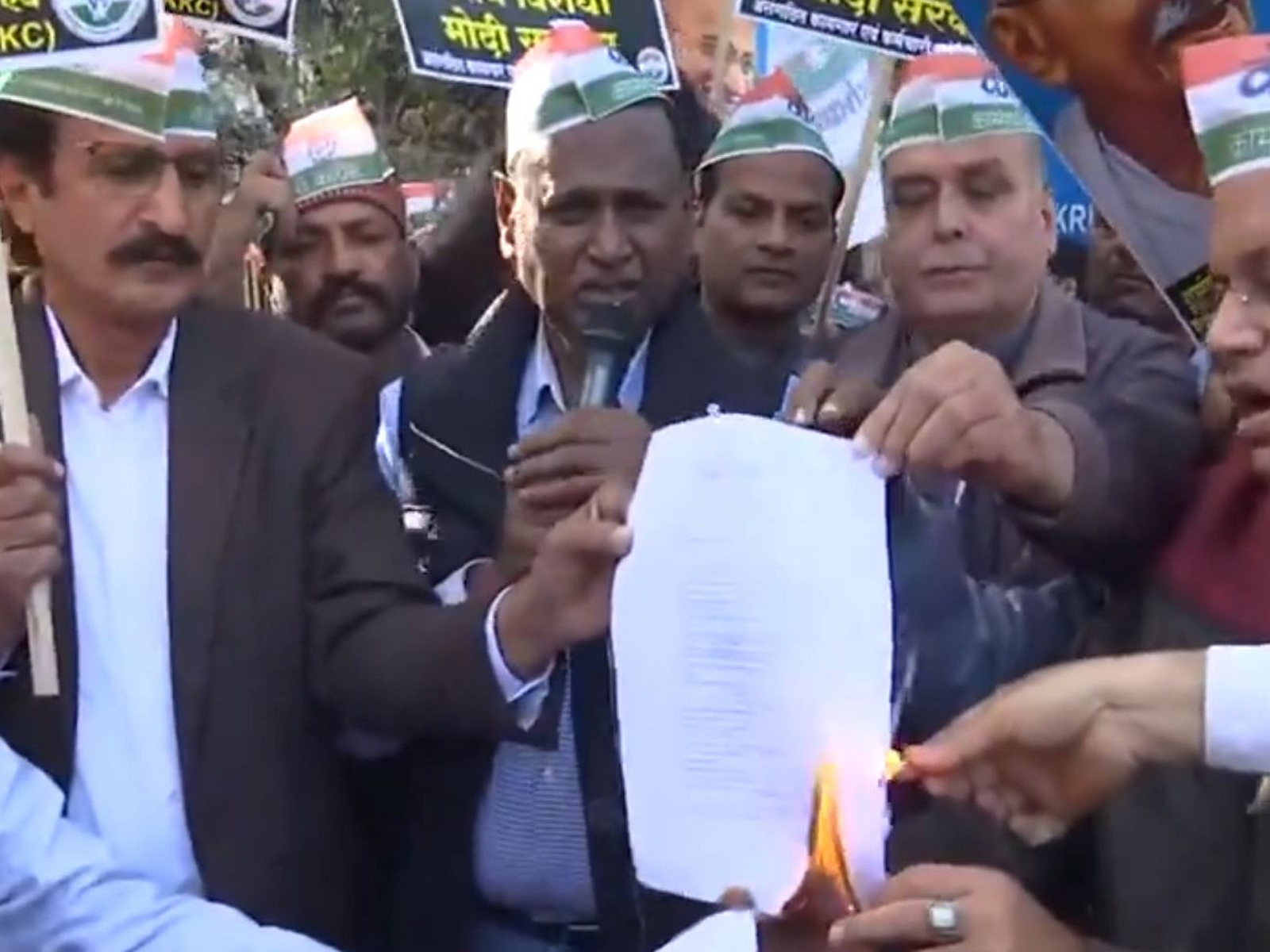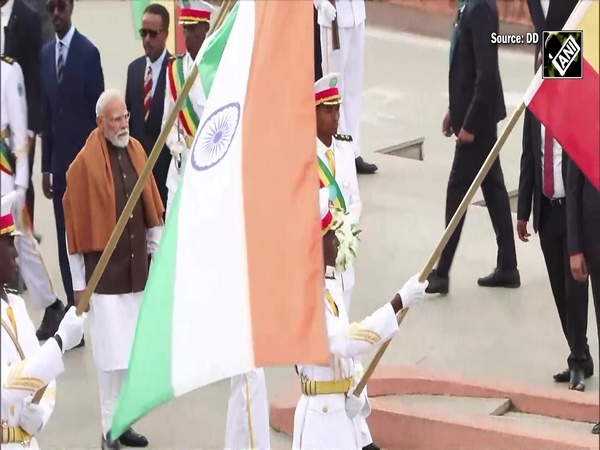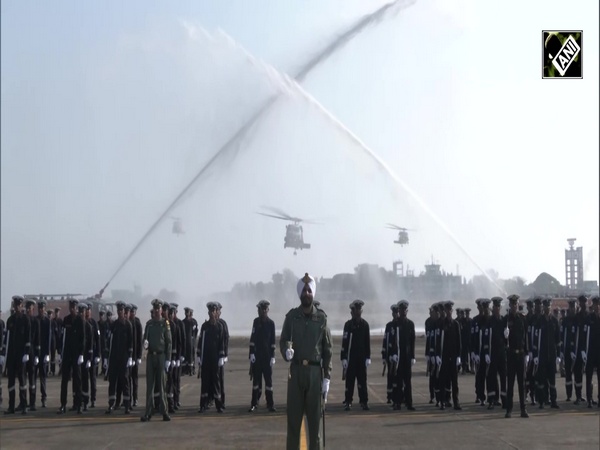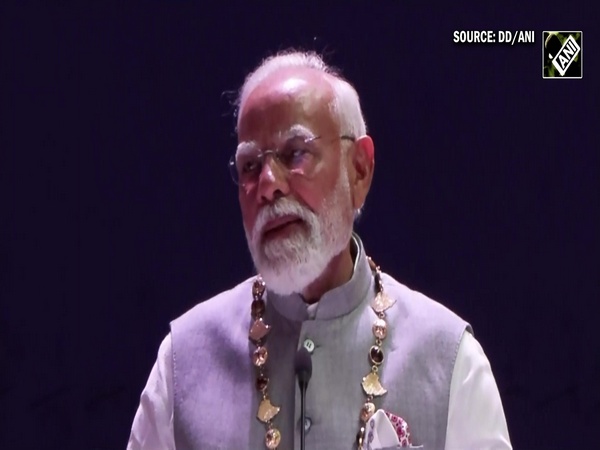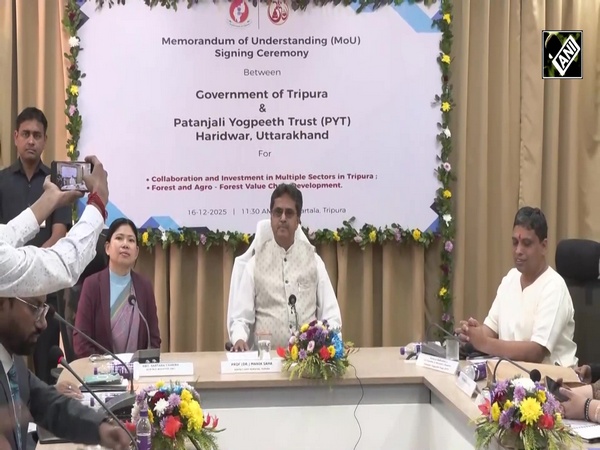Trump admin capitulated in Doha peace talks, leaving Taliban stronger: US expert
Oct 06, 2021

Washington [US], October 6 : The Trump administration's February 2020 Afghan peace deal with the Taliban can be held responsible to a large extent for the messy US exit from Afghanistan, according to former US National Security Adviser (NSA).
In a testimony to the US House Foreign Affairs Committee, former NSA H.R McMaster said the US-Taliban peace deal was a capitulation agreement based on concessions made by Washington.
The former Army general, who serve barely more than a year as Trump's security aide, placed much of the blame on the former US President for the rapid fall of the US-backed Afghan forces and Taliban takeover of the country.
"We must stop pretending that our surrender to the Taliban in February 2020 and subsequent concessions to that terrorist organization -- which strengthened our enemies and weakened our Afghan allies -- were not the principal reasons for a lost war and its consequences," The Washington Times quoted McMaster as saying.
According to McMaster, the concessions made by the Trump administration only helped with US drawdown from Afghanistan but had the effect of actually strengthening the Taliban.
"It was a capitulation agreement based on concessions that not only served our overall purpose which became the priority - withdrawing from Afghanistan - but had the effect of actually strengthening the Taliban and weakening the Afghan government security forces."
This comes as incumbent Joe Biden continues to face criticism over the messy withdrawal from Afghanistan.
McMaster in his testimony said that the Doha deal doubled down on the Obama administration's embrace of peace negotiations beginning in 2010 - a policy rejected by President Donald Trump in 2017. However, later revived in the final year of his presidency.
Flaws in the agreement included a requirement for the Afghan to release terrorists, ending active pursuit of the Taliban, withdrawing all US aircraft and ending contractor support for Afghan security forces, McMaster added.
This hearing comes after congressional testimony last week in which Joint Chiefs of Staff Chairman General Mark Milley and Central Command Commander General Kenneth McKenzie.

